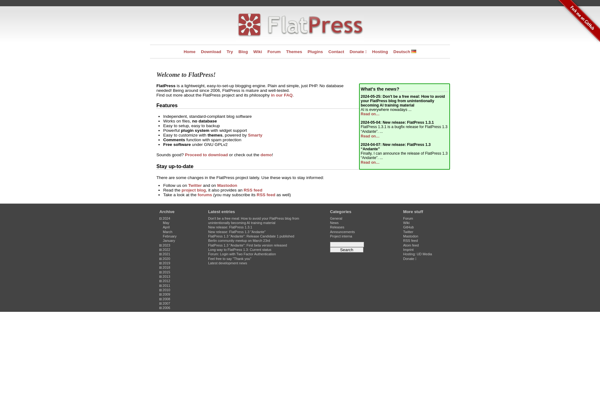Zotonic
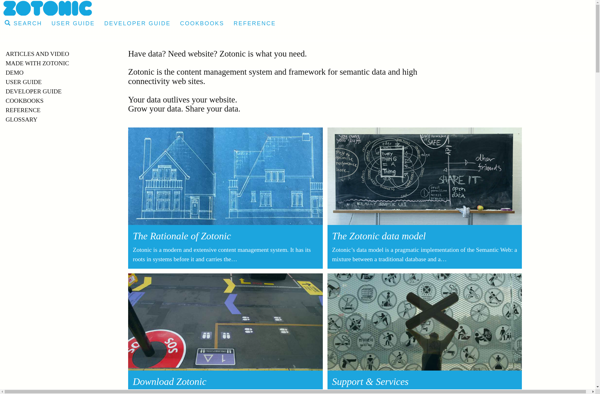
Zotonic: Open-Source CMS & Web Framework
Zotonic is an open-source content management system and web framework written in Erlang. It is designed for building large, complex websites and custom web applications. Key features include flexible data modeling, modular architecture, and real-time web abilities.
What is Zotonic?
Zotonic is an open-source content management system and web framework written in the Erlang programming language. It is designed specifically for building large, complex websites and custom web applications.
Some key features and benefits of Zotonic include:
- Flexible data modeling - Supports modeling any kind of data right inside the CMS using custom content types.
- Modular architecture - Extendable through modules, allows you to customize Zotonic to your needs.
- Real-time abilities - Support for real-time updates and notifications using Websockets and other technologies.
- Fast and scalable - Built on Erlang, it is designed to handle very large websites and high traffic loads.
- Modern tech stack - Uses Erlang, PostgreSQL, and other modern technologies suited for web development.
- Open source - Released under the Apache License 2.0, you have full access to the source code.
- Active community - Has an active and supportive community for help, documentation, and sharing modules.
Some example uses cases of Zotonic include custom web apps, online magazines/publications, multimedia websites, and sites needing real-time interactions. Overall it focuses on flexibility, scalability and performance.
Zotonic Features
Features
- Modular architecture
- Flexible data modeling
- Real-time web abilities
- Built-in WYSIWYG editor
- Multilingual and internationalization support
- Responsive and mobile-friendly
- SEO and performance optimization
- Access control and user management
- Template-based theming
- RESTful APIs
Pricing
- Open Source
Pros
Cons
Official Links
Reviews & Ratings
Login to ReviewThe Best Zotonic Alternatives
Top Development and Web Framework and other similar apps like Zotonic
Here are some alternatives to Zotonic:
Suggest an alternative ❐CMS Made Simple
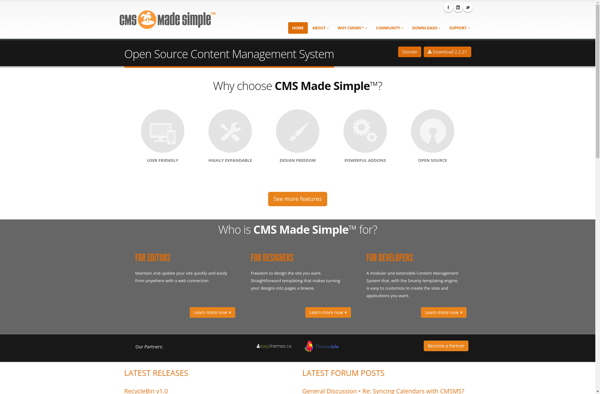
Drupal
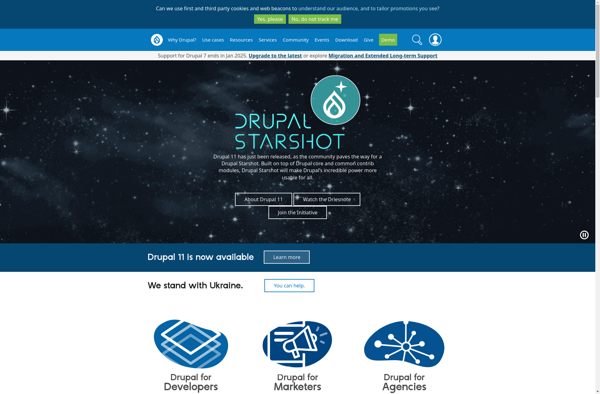
Joomla
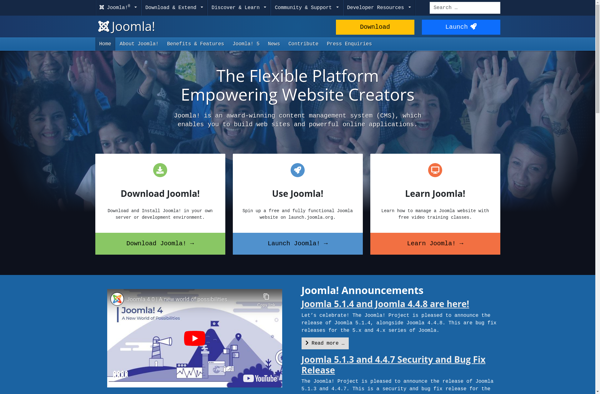
No-CMS
Statamic
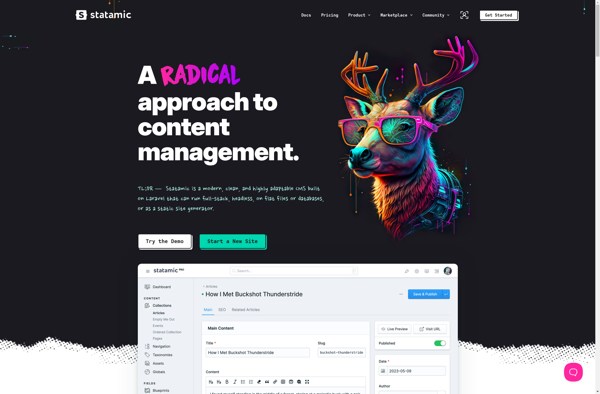
ImpressPages CMS

Concrete CMS
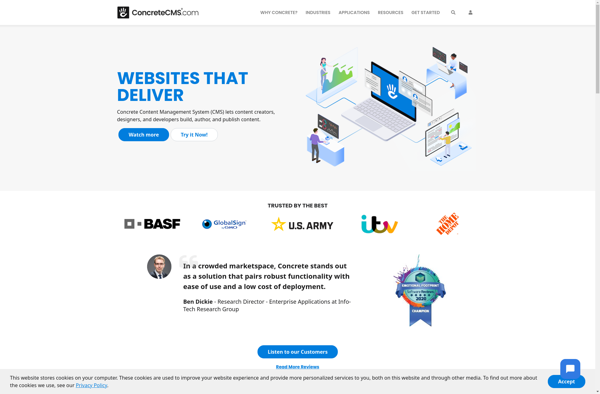
Kirby
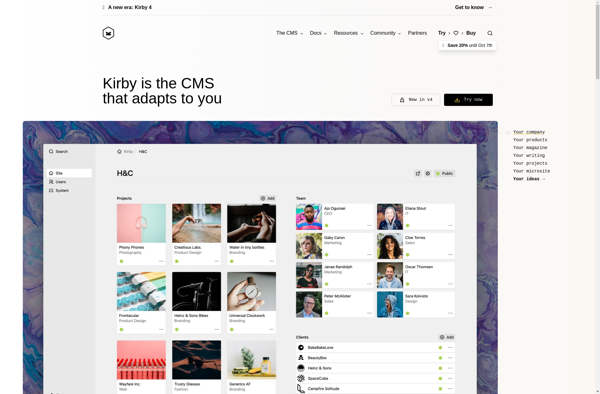
Automad
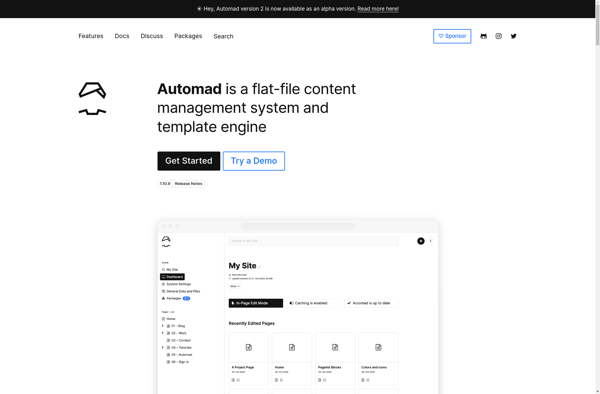
Django CMS
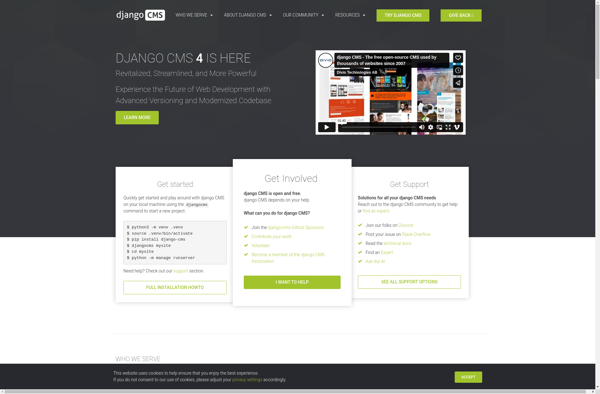
GetSimple CMS
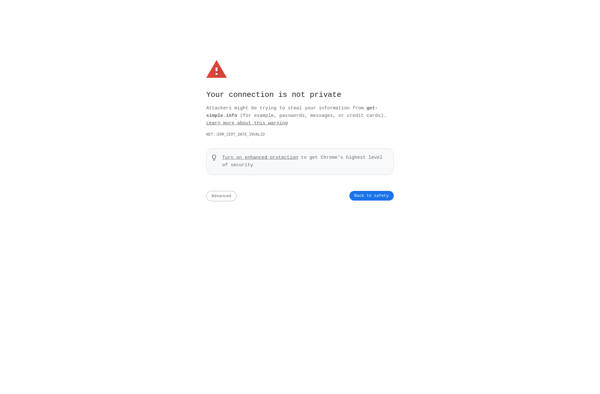
Flatpress
